#ceratopsids
Explore tagged Tumblr posts
Text
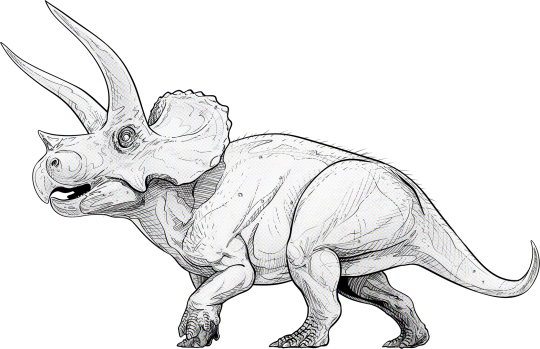
triceratops horridus for coloring (have fun!)
#drawing#digital#digital art#digital artist#dino#dinos#dinosaur#dinosaurs#dinossauro#dinossauros#mesozoic#prehistoric#ornithischia#ceratopsian#ceratopsid#ceratopsids#triceratops#triceratops horridus#triceratops prorsus#triceratops drawing#triceratops art#triceratops fanart#paleo#paleoart#paleoarte#geek#geek art#geek artist
214 notes
·
View notes
Text
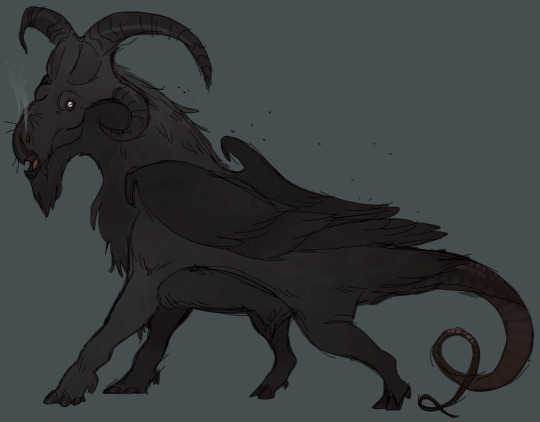
Satanas, herald of extinction.
Humanity builds itself technological edens, but the devil is unfazed by the holograms of saints.
#creature design#ceratopsids#angels and demons#demon oc#monster design#monsters#scifi fantasy#ocs#stagart
252 notes
·
View notes
Text
dress up

#styracosaurus#primeval age#fright club#fright club 2024#dinosaur#non-avian dinosaur#dinosaurs#non-avian dinosaurs#paleoart#art#my art#fawnrats art#digital art#feral art#ceratopsidae#ceratopsids#ceratopsid#halloween
20 notes
·
View notes
Text
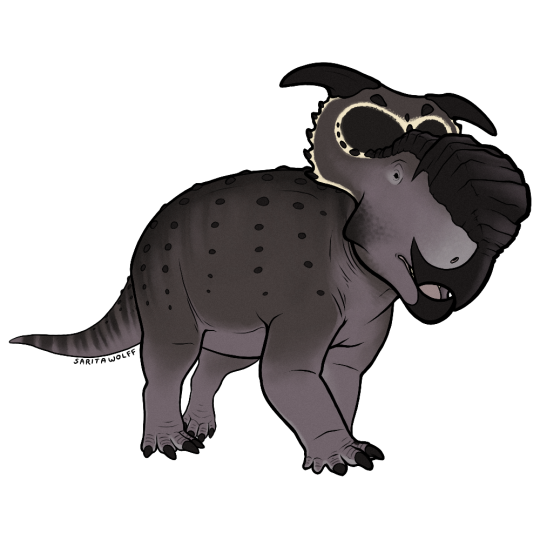
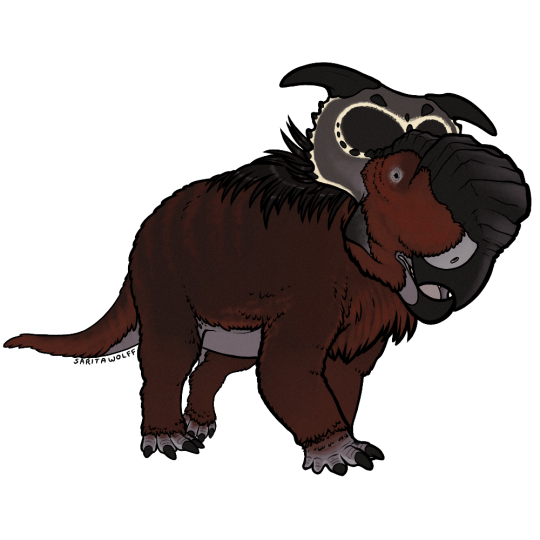
A Patreon request for rome.and.stuff (Instagram) - Pachyrhinosaurus perotorum… that I went a bit overboard with lol. I’ve been waiting for an excuse to draw my favorite ceratopsian, and to digitally adapt my old Pachy marker drawing design.
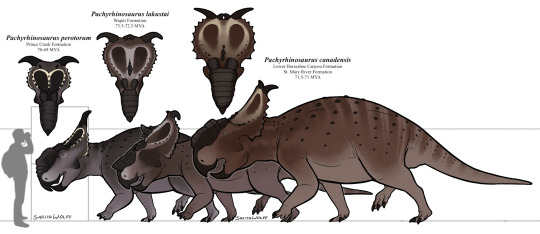
So! Pachyrhinosaurus! As seen above, there were three known species of Pachyrhinosaurus, living in different locations and eras in Late Cretaceous North America.
The oldest, P. lakustai, was native to the Wapiti Formation of Alberta and British Columbia, Canada. It’s known for the extra spikes it has at the center of its frill.
The slightly younger P. canadensis was native to the lower Horseshoe Canyon Formation and the St. Mary River Formation of Alberta and northwestern Montana. It was the largest of the three.
The youngest, P. perotorum, was native to the Prince Creek Formation of Alaska. As this ceratopsid seemingly stayed put during the long, dark, cold Alaskan Winters, it likely had adaptations for keeping warm.
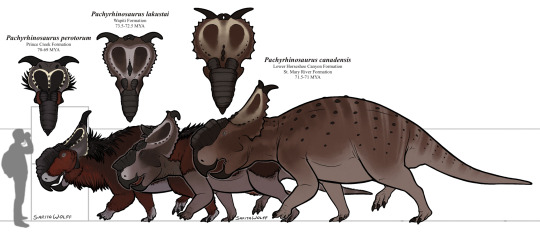
The depiction of a “woolly” Pachyrhinosaurus was first popularized by Mark Witton as a speculative work, but the trope has prevailed. While many paleontologists find a heavy feather covering on a centrosaurine to be highly unlikely, and maintain that the animal’s size and homeothermy would have kept it warm enough, we still have no skin impressions to suggest that P. perotorum was fully scaly. So a feather coating is not completely out of the question (though it is unlikely). Still, I love the look of a woolly Pachyrhinosaurus and how it challenges our previous conceptions of non-avian dinosaurs. Stranger things exist in nature. I had to include a “woolly” option, especially since I already use the guy as my avatar on my paleo Instagram account, SaritaPaleo.
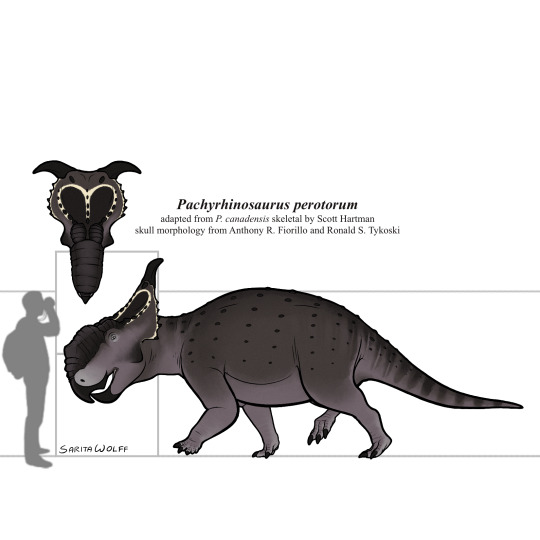
Pachyrhinosaurus was particularly unique in that it seemingly traded off something that had previously worked for other ceratopsians, horns, for a large nasal boss instead. For Pachyrhinosaurus, a battering ram worked better than a sword.
It was herbivorous, using its strong cheek teeth to chew tough, fibrous plants. Perhaps during the dark and cold Winters, P. perotorum would have also dug for roots or even scavenged carcasses. At any rate, from observations of their unusually conspicuous growth banding, it appears growth for P. perotorum would have been stunted during the harsh Winter, but was extremely rapid in the warmer months, an adaptation for the Alaskan climate.
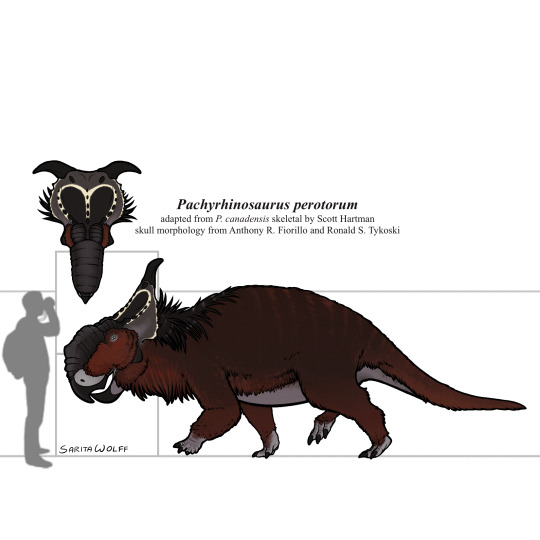
The tundra of the Prince Creek Formation housed a surprising amount of diversity. Pachyrhinosaurus perotorum would have lived alongside smaller ceratopsians like Leptoceratopsids, as well as other ornithischians like the pachycephalosaurine Alaskacephale and the hadrosaurid Edmontosaurus. Theropods such as Dromaeosaurus and Saurornitholestes, as well as a yet unidentified giant Troodontid, lived here as well. P. perotorum’s main predator would have been the tyrannosaur Nanuqsaurus. Small mammals were also somewhat common here, such as Cimolodon, Gypsonictops, Sikuomys, Unnuakomys, and an indeterminate marsupial.
(Btw, the request tier for Patreon starts at only $5 a month. 😉 Link is pinned at the top of my blog.)
#my art#SaritaDrawsPalaeo#Pachyrhinosaurus#Pachyrhinosaurus perotorum#Pachyrhinosaurus lakustai#Pachyrhinosaurus canadensis#Centrosaurines#ceratopsians#ceratopsids#ornithischians#dinosaurs#archosaurs#archosauromorphs#reptiles#Prince Creek Formation#Wapiti Formation#Horseshoe Canyon Formation#St. Mary River Formation#Late Cretaceous#Canada#United States of America
97 notes
·
View notes
Text
i still find it surreal that tyrannosaurs are the most iconic and recognisable large theropod dinosaurs but they were only apex predators on like two continents, even laurasian europe's largest theropods were different
and then ceratopsids are even more nuts, only being diverse large herbivores on a third of a continent and only having any other recognisable presence in one more
6 notes
·
View notes
Photo
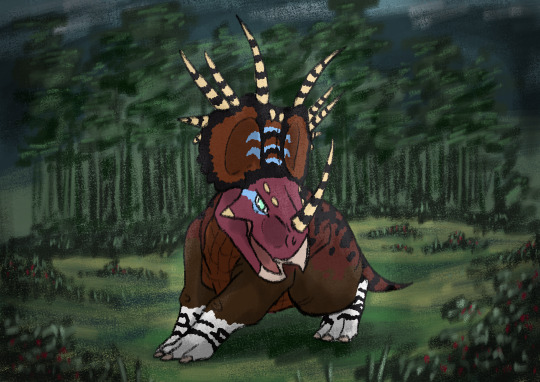
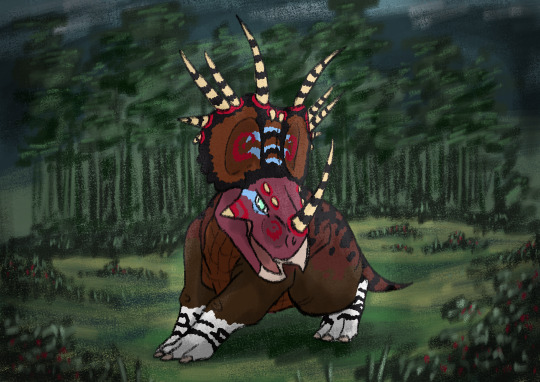
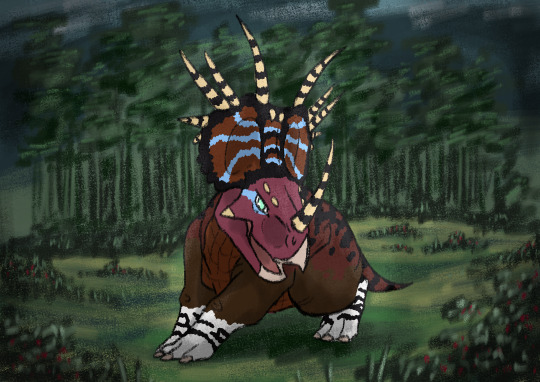
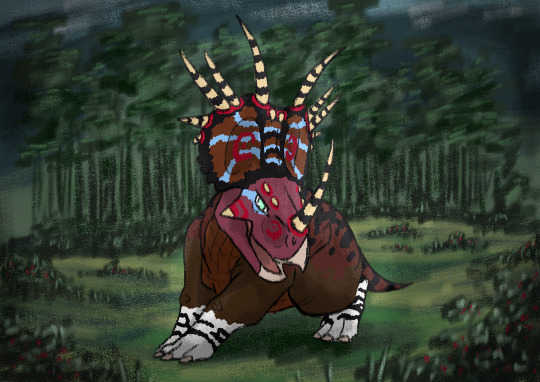
I had some spare time so I designed my dino. I'm still not 100% satisfied with the colors, but It's starting to look promising. I really love Ceratopsids they are my favorite group of dinos. Enjoy!
#styracosaurus#dinosaur#dino#own character#OC#ceratopsian#Ceratopsids#animal#Illustration#art#digital art#painting#Styracosaurus albertensis#design
0 notes
Text
The saddest orphan child has arrived @pangur-and-grim

(the moon phase pins are by my friend @artofcorinne)
#Kraay talks#Belphegor#The Pangur and Grim pins also arrived they get to hangout together#The ceratopsid print is also beautiful!
1K notes
·
View notes
Text
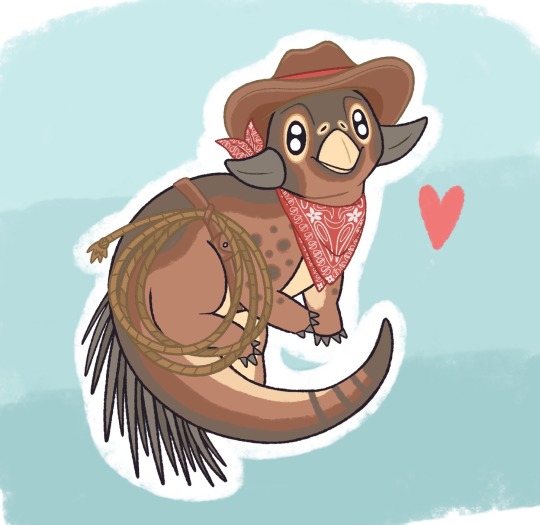
did you know psittacosauruses are one of the dinos we know the most about? heres one of those cuties as a cowboy for halloween 🤠
#psittacosaurus#artists on tumblr#paleoart#halloween#dinosaurs#dinosaur#tacos#paleo art#paleo pines#cowboy#halloween costumes#cowboy core#western#old west#ceratopsian#ceratopsid#howdy howdy howdy#triceratops#styracosaurus
3K notes
·
View notes
Text

This was gonna be a fullbody but A) I didnt feel like it and B) I liked the textures on the face so i wanted to focus on it
Nasutoceratops. I love these guys, theyre so cute. Peak cow-coded ceratopsid. big round nose, cow sized, cute horns, from texas? What an aesthetic.
#paleoart#palaeoblr#art#my art#dinosaur#dinosaurs#digital art#digital paitning#nasutoceratops#ceratopsian#ceratopsid
2K notes
·
View notes
Text
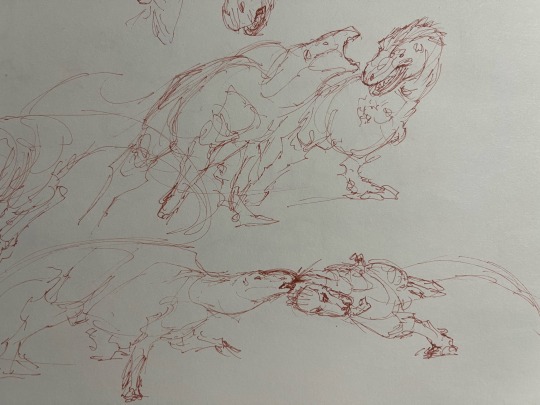

Couple of dino doodles
62 notes
·
View notes
Photo
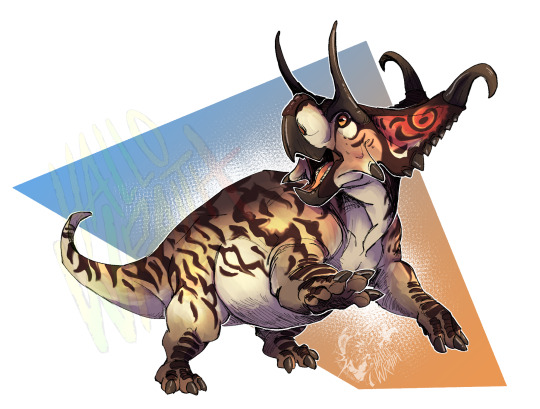
Kofi Commission for JackalYote ! Diabloceratops are some of the coolest ceratopsids.
537 notes
·
View notes
Text






bunch of designs for sale since i have like no money left and we need to pay bills willing to hold 2 days max, dm to claim
mango dimorphodon - CLOSED
hornbill quetzalcoatlus - CLOSED
amethyst quetzalcoatlus - 8 usd
summer ornithocheirus - 12 usd
arcade quetzalcoatlus - 8 usd
lovecore styracosaurus - 15 usd
#adopt#adoptable#paleoart#paleoblr#pterosaur#quetzalcoatlus#dimorphodon#ornithocheirus#azhdarchid#azhdarchidae#styracosaurus#ceratopsid#ceratopsian#ceratopsidae#furry#safe fur work#sfw furry#furry artist#vic.png#my art
42 notes
·
View notes
Text
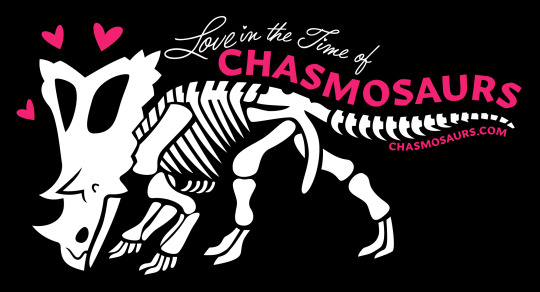
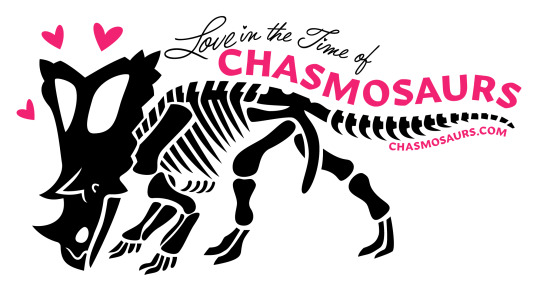
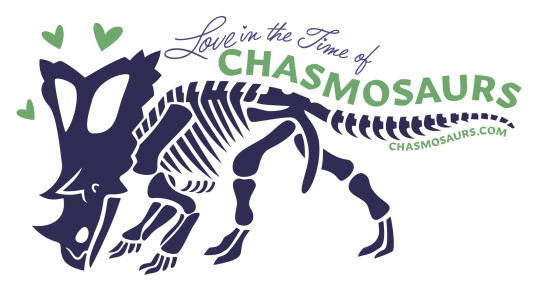
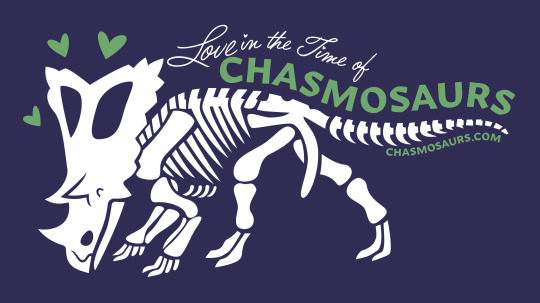
Are you a Love in the Time of Chasmosaurs reader or listener? Want an easy way to support the website? Here you go! I've uploaded a fun new set of designs to our Redbubble shop featuring the new site logo. It's available in these four color options, on tees, hoodies, mugs, stickers, magnets and more! All proceeds support the hosting and maintenance of the site.
If you're NOT a reader or listener, get on board! Check out what we do at chasmosaurs.com.
#dinosaurs#paleoart#illustration#paleontology#natural history#science#sciart#vector illustration#dinosaur art#dinosaur#skeleton#love in the time of chasmosaurs#chasmosaurus#ceratopsidae#ceratopsid
146 notes
·
View notes
Text
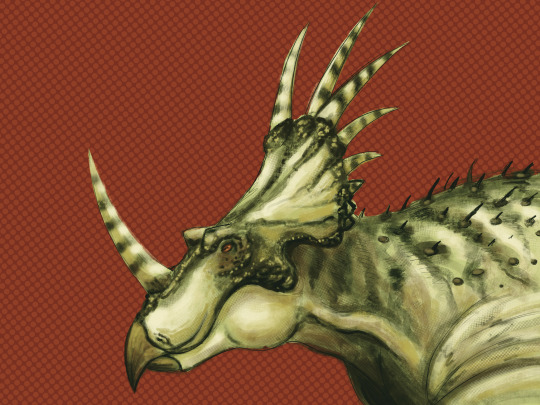
A study of the styracosaurus model in Prehistoric Kingdom
#procreate#procreate art#digital painting#procreate painting#digital art#dinosaur#art study#styracosaurus#ceratopsian#ceratopsid#horns#paleoart#paleontology#prehistoric kingdom#prehistoric
78 notes
·
View notes
Text

Yet another Ark redesign, this time of the Pachyrhinosaurus.
The Ark Pachyrhino isn't exactly terrible but it could be a lot better, especially the head.
What I did is move the boss on the snout instead of the forhead since Pachyrhinosaurus means "Thick nose lizard" not "Thick forehead lizard".
I also just added a bunch of osteoderms to the body and those tail feather things Psittacosaurus had and that you see on some ceratopsid depictions cuz why not.
#dinosaur#dinosaurs#ceratopsid#ceratopsian#pachyrhinosaurus#cretaceous#late cretaceous#ark survival ascended#ark survival evolved
9 notes
·
View notes
Note
Trick or treat!!! 🦤

Diabloceratops!
83 notes
·
View notes